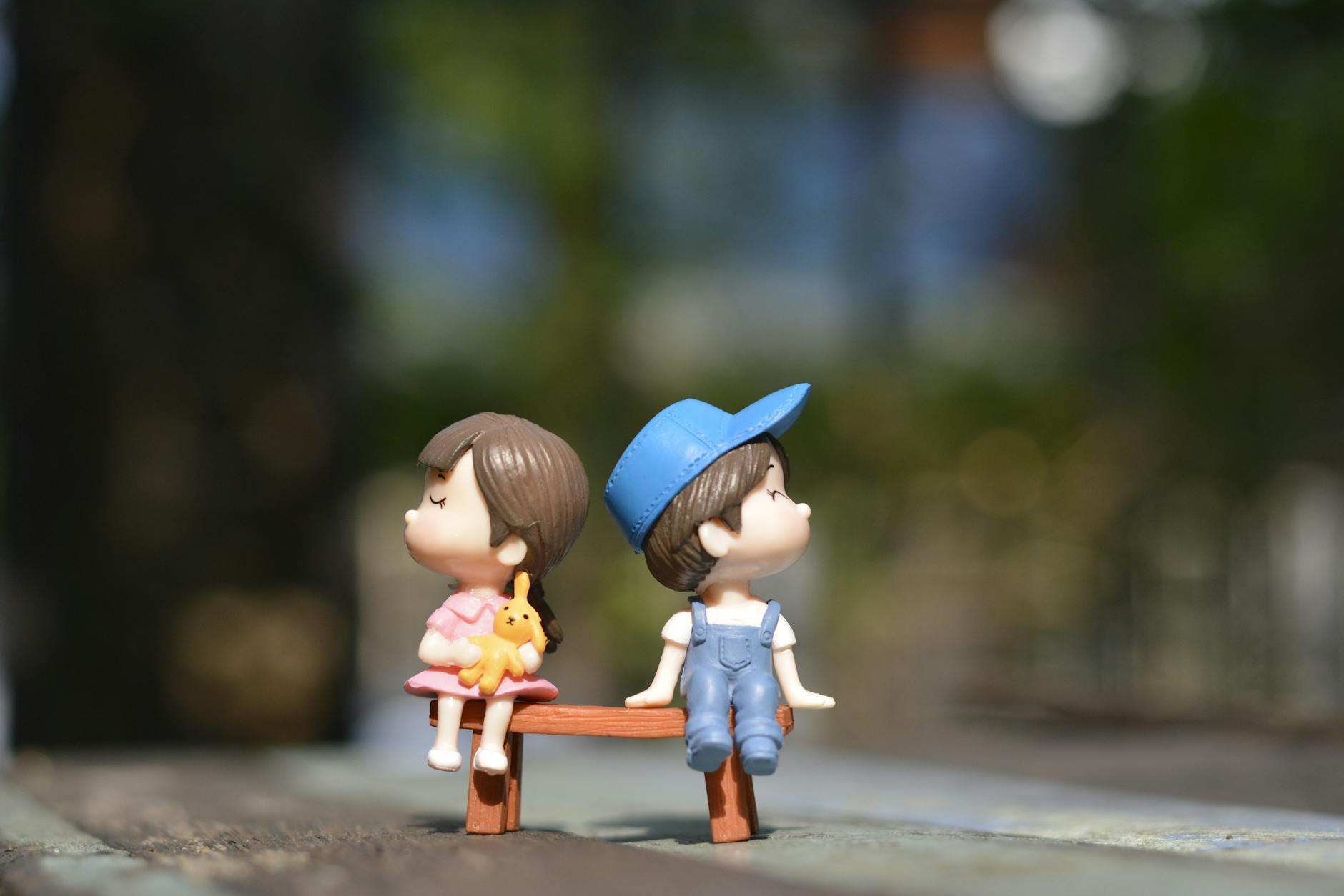Let's talk about something no one likes to talk about—rejection.
You know that sinking feeling in your stomach when someone says "no," when you're left out, passed over, or just not chosen? Yeah, that one.
We've all been there.
Whether it's not getting the job you poured your heart into, a friend pulling away, a relationship that ended before you were ready, or even something as simple (but painful) as being left out of a conversation, you feel it. It stings. And sometimes, it shakes you.
This isn't just about rejection. It's about what rejection can do to us if we're not careful.
Because let's be honest—when the world says "no," it's easy to start wondering:
- What's wrong with me?
- Was I not good enough?
- Should I even keep trying?
But here's the truth I want to walk you through: rejection doesn't define you. It reveals you.
And more importantly, it can reshape you without you losing your core.
When Rejection Feels Personal
Let's not pretend we can just "shake it off" all the time. Rejection can feel deeply personal, even when it's not meant to be.
That email that starts with, "Unfortunately..."
That friend who stops reaching out.
That silence after you open up and share something vulnerable.
It doesn't just touch your confidence—it presses hard against your identity.
But before you internalize that pain and let it become part of your story, pause.
Ask yourself, "What story am I telling myself right now?"
Because most of the time, rejection says more about timing, fit, or someone else's headspace than it does about you.
Stop Letting "No" Mean "Never"
One of the sneakiest traps of rejection is finality.
You hear "no," and it echoes like "never."
But here's the thing: most rejections are just detours. Not dead ends.
That job you didn't get? Maybe it was clearing space for something better aligned.
That relationship ended? Maybe it taught you how to love yourself more fiercely.
That opportunity that slipped away? Maybe it wasn't your opportunity to begin with.
I get it—it's hard to believe that when your chest is tight and your heart is bruised.
But think back. How many rejections eventually led you somewhere even better?
Permit Yourself to Feel It
Here's something we don't hear enough: You're allowed to grieve rejection.
You don't have to pretend it didn't hurt. You don't have to be the "strong one" all the time.
Cry. Journal. Go on a long, angry walk. Vent to someone who gets it.
Let yourself process it fully, because stuffing it down only lets it fester.
And when you've let the emotion pass through you, something incredible happens: You make room for your resilience to show up.
Rejection is Redirection
I know this phrase is all over social media these days, but hear me out: There's power in this truth.
When you're able to zoom out, you'll often see that rejection didn't remove something from your life—it redirected you toward something more aligned, more grounded, more you.
Sometimes the rejection was a gift wrapped in frustration.
Sometimes it saved you from months or years of compromise.
Rejection invites you to re-evaluate—not yourself, but the path you were on.
Hold Onto Yourself
The scariest part of rejection isn't the "no." It's what "no" tries to do to your identity.
Don't let it chip away at your worth.
Don't let it convince you to be smaller, quieter, or less you just to avoid the hurt again.
Your job isn't to avoid rejection.
Your job is to be so rooted in who you are that rejection doesn't shake your foundation.
You are still whole. Still enough. Still capable. Even when someone else doesn't see it.
So, How Do You Handle Rejection Without Losing Yourself?
Let's recap—because I know when your heart's heavy, clarity helps:
- Feel it fully. Don't bottle it up. Let the emotion move through.
- Challenge the story. Don't let a single "no" rewrite your worth.
- Zoom out. Rejection often protects you from the wrong fit.
- Reflect with kindness. Growth comes from reflection, not shame.
- Keep showing up. Bravery is in the trying, not the outcome.
Final Thoughts
If you're in the thick of rejection right now, I want to say this gently but clearly, You are not broken. You are becoming.
Every "no" you face carves out space for a better "yes." Not because you weren't enough, but because you're growing into something stronger, truer, and more you.
Let the "no" be part of your story, but not the whole story.
Because the best chapters? They're still unwritten.
I'm learning this too. And if you are, I'm walking with you.





